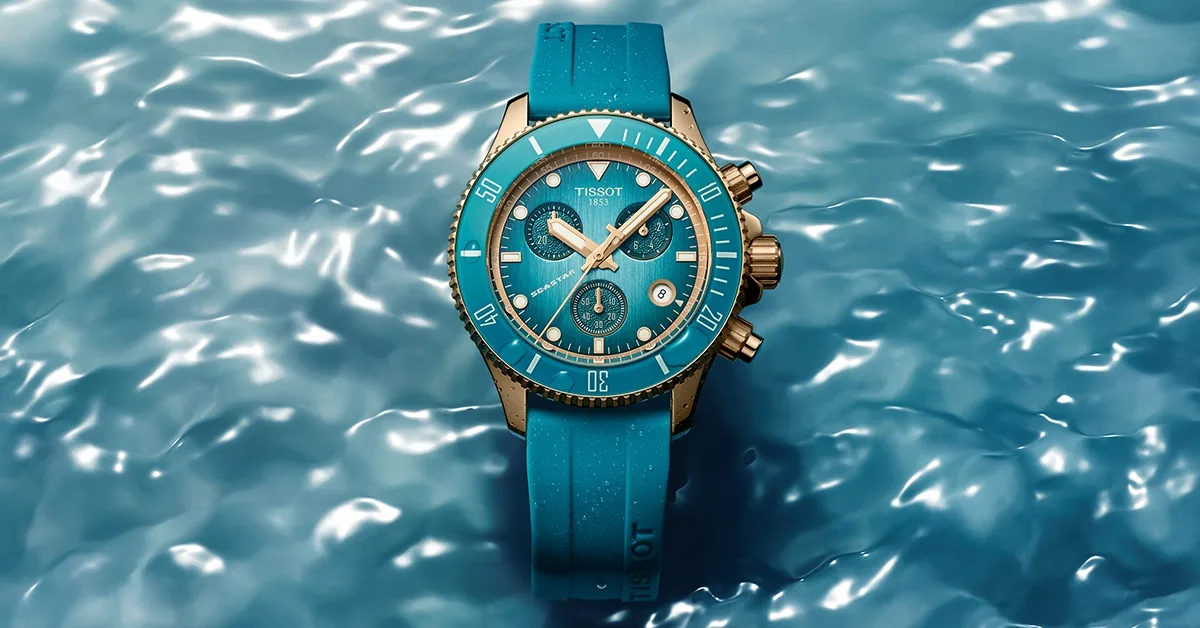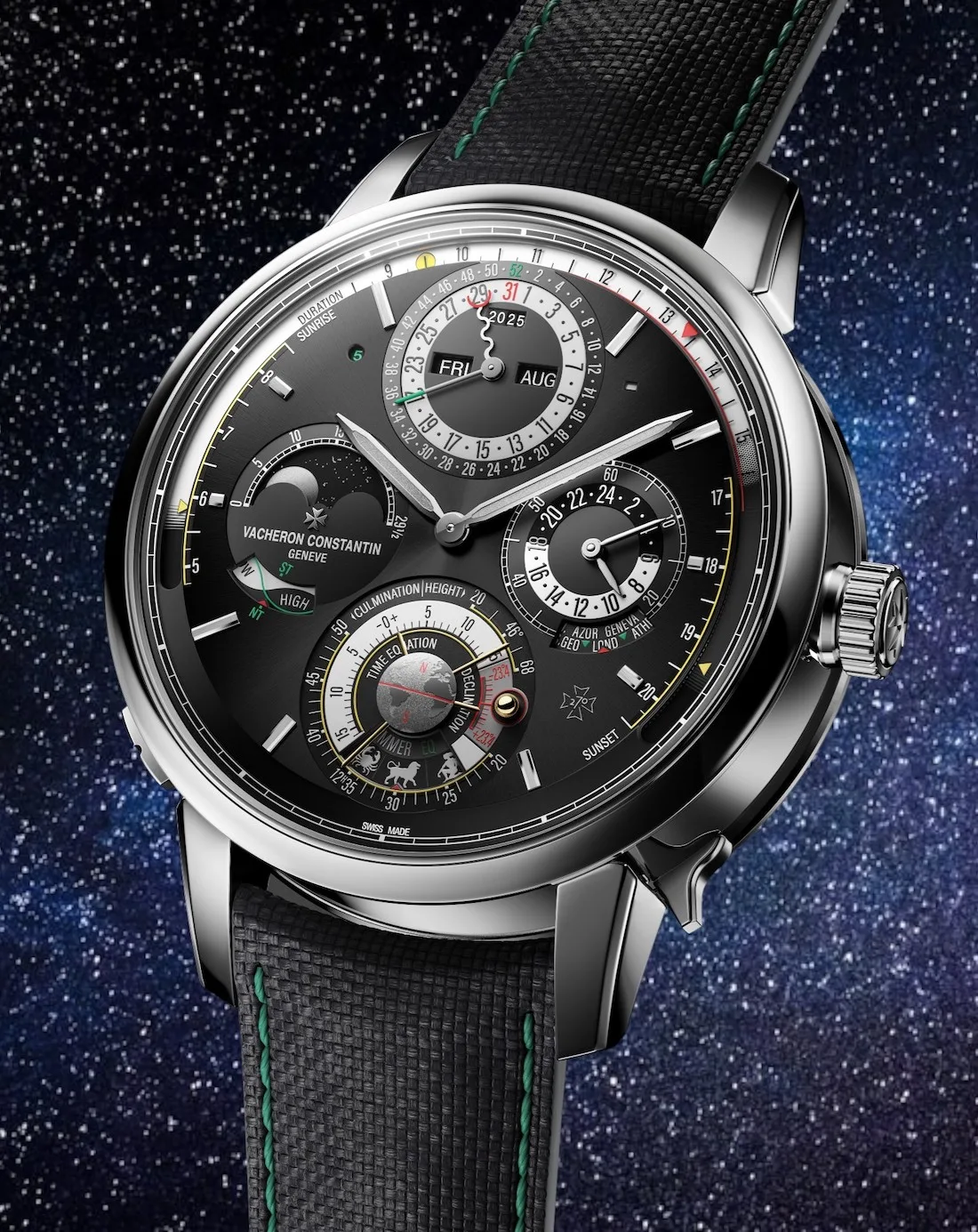Feminine, warm and soft spoken, Vanessa Brady is a woman who is literally being the change she wants to see. With her beaming smile and serene manners, one could be fooled to think she is “just another interior designer,” but this lady has revolutionised the whole interior design sector with the creation of the SBID (Society of British and International Interior Design).
She has brought universities and industry closer together and still had time to raise a daughter and amass an award winning portfolio of projects such as the Hard Rock Cafe, the British Luxury Club; and private clients like His Majesty The Sultan of Brunei and His Majesty The King of Saudi Arabia.
I-M: The University of Southampton granted you an Honorary Doctorate in 2014, the same year that you received your OBE. After decades of working really hard, what does this recognition mean to you?
V.B: The OBE is really special because it’s from the Queen and it’s recognition for my work in the industry. I set up the SBID to professionalize an industry which still is, predominantly woman orientated and was, at the time, completely unregulated. Interior Design was the most popular sideline profession for women.
When I looked at floating my practice in the stock market, we observed that there wasn’t a single interior design company listed in it. Nobody in the city recognised it as a business of tangible value.
So I set about creating the SBID. That was 2009.
I-M: Since its creation, how has the SBID grown in terms of the role that is now playing at an international level?
V.B: The SBID has become the largest interior design organisation in Europe, and is among the measured organisations of the European Council. The UK is among the 19 countries of Europe that offset agreed standards, and SBID is the largest organisation in the interior design sector and we are just 10 years old. We are present in 46 countries, what proves that it wasn’t just a British issue, but a global one. Customers take their designer with them to their homes or business in other countries. We needed to expand globally because there are different test points and interests in different countries.
The second reason why we have grown so much is that, with so much money involved, we needed to make the industry professional. Contraction, engineering, architecture… are all highly professionalized businesses; interior design had to step up or step off; we were either going to be professional or lose our place.
Our biggest burst of growth in the UK took place in 2009 at the time of the global credit crunch. People were investing in property, in their homes. Interior design should have been right in there, but it wasn’t. I saw it as a barrier as well as an opportunity. The barrier was that it wasn’t professional, the opportunity was … that it wasn’t professional.
I-M: You regularly engage with policymakers, the House of Commons, the House of Lords, the European Council… Why is all this so important?
V.B: I sat at a business breakfast in the House of Commons around a decade ago. I was one of two women around the table. There were 19 men. One of the MPs or Ministers asked me my opinion about certain subject to which he clearly didn´t expect me to be able to respond; I did indeed respond, and provided all the statistics to back my statement. Suddenly, they all started looking at me. I learned from that reaction that, in order to get the grey suits to follow me, I would have to do whatever it took to make sure that they listened to what I had to say.
Do you remember that saying about what was the difference between Fred Astaire and Ginger Rogers? The difference was that Ginger Rogers had to do it in high heels and backwards, so she had to be twice as good. I feel that’s what happened at that time, I had to work double as hard as a man to get their attention and then hold it. To change views you have to galvanize people and prove yourself.
To read more, get your copy of our new issue here

















Show Comments +